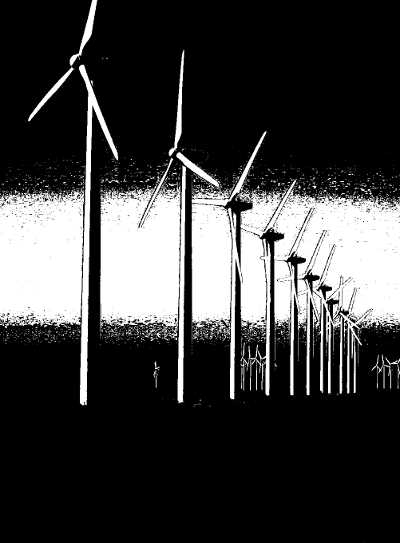Green slice rises
 New stats show about 40 per cent of the world's power generation is now renewable.
New stats show about 40 per cent of the world's power generation is now renewable.
The International Renewable Energy Agency (IRENA) and the World Meteorological Organization (WMO) have issued a new report offering a comprehensive look at the global transition to cleaner energy.
The report highlights a surge in renewable energy, with solar and wind leading the charge, accounting for 83 per cent of new global power capacity in 2022.
Currently, renewables constitute 40 per cent of the world's total installed power generation, reflecting a decade of rapid deployment.
WMO Secretary-General Prof Petteri Taalas expressed optimism, noting that renewable energy, driven by solar, wind, and the water cycle, has become a powerhouse in global energy generation.
However, the report underscores the need for urgent action to accelerate the shift away from fossil fuels.
IRENA Director-General Francesco La Camera emphasised that tripling global renewable capacity by 2030 is crucial for staying on the 1.5°C climate pathway.
The report delves into the intricate relationship between renewable energy and climate variability, stressing the importance of improved weather and climate services.
It also outlines the impact of climate change on renewable energy supply and demand, particularly in heating and cooling.
Notable insights include the significant impact of natural climate variability on renewable energy sources, with wind power experiencing fluctuations of up to 15 per cent. The report says comprehensive and systematic energy data collection is needed to enhance understanding.
IRENA and WMO's report aims to provide valuable insights into the role of climate in renewable energy supply and demand, fostering global collaboration for climate action.
The groups say the report marks the first in a series of annual assessments as part of their joint support for climate action.








 Print
Print